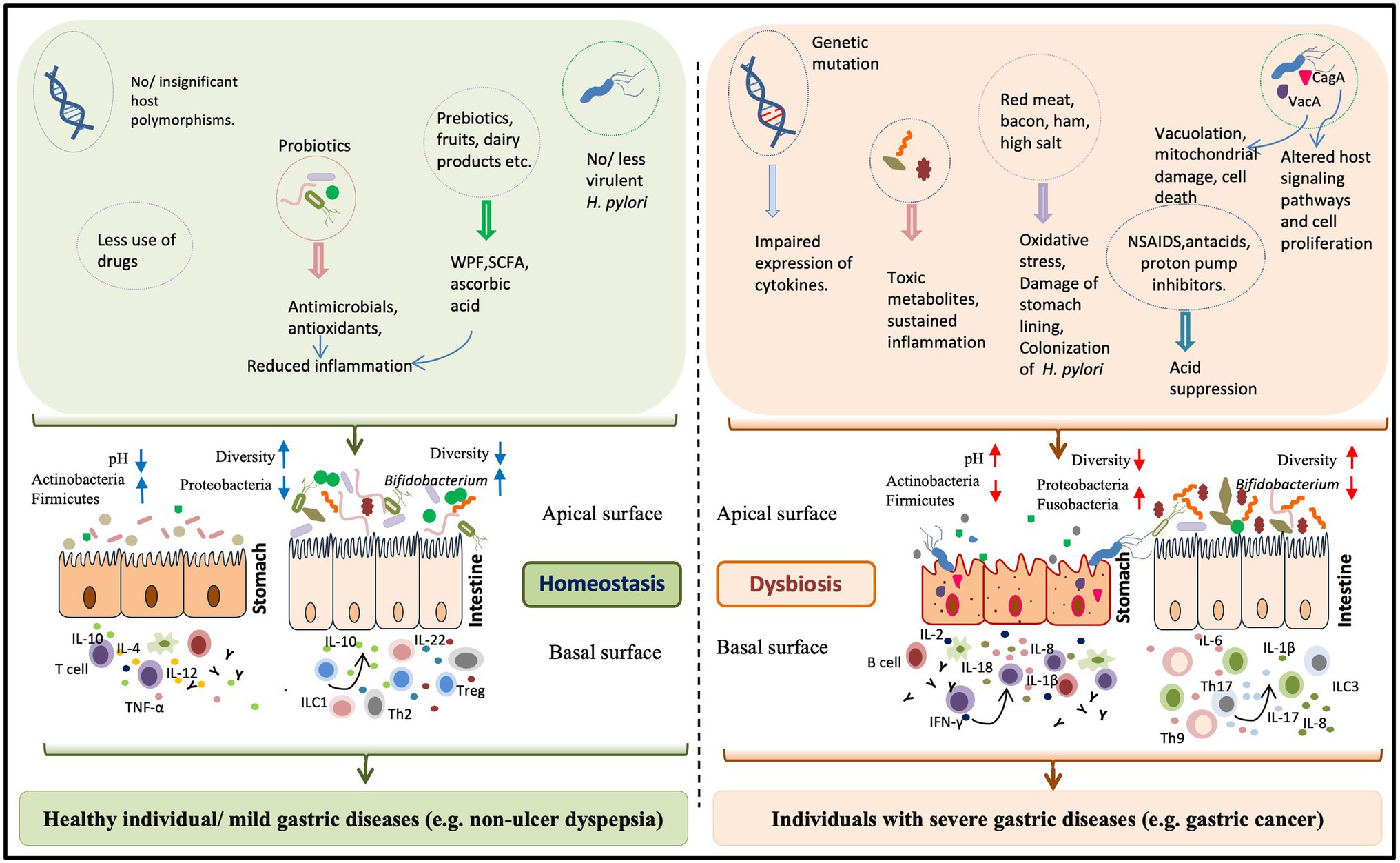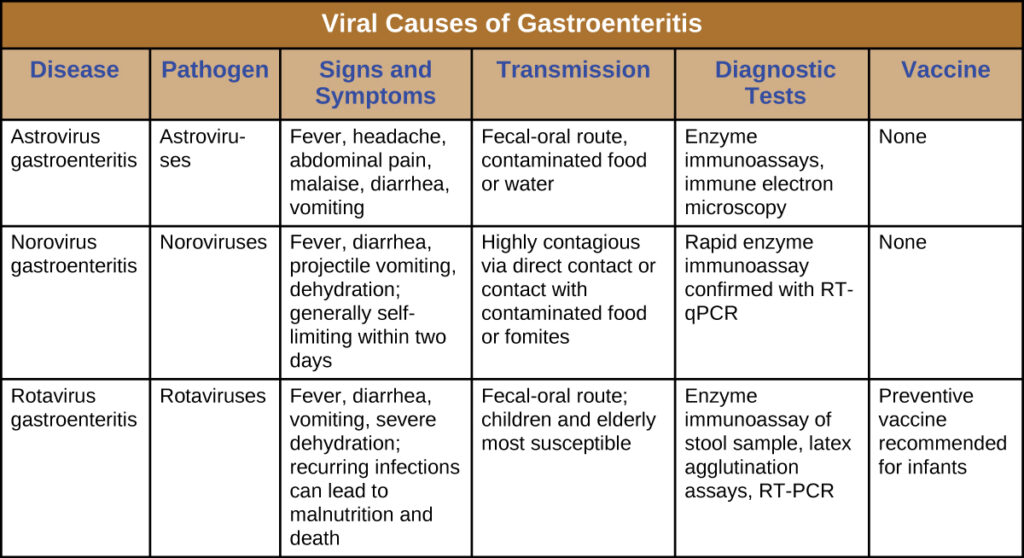Gastroenteritis, often abbreviated as GE, is a common condition that affects millions of people worldwide every year. This inflammation of the stomach and intestines can cause a range of uncomfortable symptoms, including diarrhea, vomiting, and abdominal pain. While it is typically not life-threatening, gastroenteritis can lead to serious complications if not managed properly. In this article, we will explore what gastroenteritis is, its causes, symptoms, and available treatment options.

What Is Gastroenteritis?
Gastroenteritis refers to the inflammation of the lining of the stomach and intestines. This condition disrupts the normal functioning of the digestive system, leading to symptoms such as nausea, vomiting, diarrhea, and cramping. The severity of the condition can vary from mild discomfort to severe dehydration and other complications, especially in vulnerable populations like young children, the elderly, and individuals with weakened immune systems.
The condition is often referred to as the “stomach flu,” although it is not caused by the influenza virus. Instead, it is most commonly triggered by infections, foodborne illnesses, or exposure to harmful substances.
Causes of Gastroenteritis
Gastroenteritis can be caused by a variety of factors, with infections being the most common. Below are some of the primary causes:
Infectious Agents
- Viruses: Viral infections are responsible for the majority of cases of gastroenteritis. Common culprits include norovirus and rotavirus. Norovirus is highly contagious and spreads quickly in crowded environments like schools, cruise ships, and nursing homes. Rotavirus is a leading cause of severe diarrhea in infants and young children.
- Bacteria: Bacterial infections can also lead to gastroenteritis. Some of the most common bacteria involved include Escherichia coli, Salmonella, Campylobacter, and Shigella. These bacteria are often contracted through contaminated food or water.
- Parasites: Parasitic infections, though less common, can also cause gastroenteritis. Giardia lamblia is one example of a parasite that can infect the intestines and lead to symptoms like diarrhea and abdominal pain.
Food Poisoning
Consuming food or drinks contaminated with harmful microorganisms can result in gastroenteritis. Undercooked meats, unpasteurized dairy products, and raw fruits and vegetables are common sources of contamination. Food poisoning outbreaks often occur in restaurants or during large gatherings where food safety practices may not be strictly followed.
Medications and Chemicals
Certain medications, such as antibiotics, can disrupt the balance of beneficial bacteria in the gut, leading to inflammation of the stomach and intestines. Additionally, exposure to toxins or chemicals, either through ingestion or environmental exposure, can irritate the digestive tract and cause symptoms similar to gastroenteritis.
Other Factors
Stress, alcohol consumption, and certain medical conditions like Crohn’s disease or ulcerative colitis can also contribute to the development of gastroenteritis. In these cases, the inflammation may be chronic rather than acute.
Symptoms of Gastroenteritis
The symptoms of gastroenteritis can vary depending on the underlying cause and the individual’s overall health. However, there are several hallmark signs that are commonly associated with this condition:
- Diarrhea: Frequent, watery stools are one of the most common symptoms of gastroenteritis. Diarrhea occurs because the inflamed intestines cannot absorb water and nutrients effectively.
- Vomiting: Nausea and vomiting are frequent complaints among those with gastroenteritis. These symptoms can contribute to dehydration, especially if they persist for an extended period.
- Abdominal Pain and Cramping: The inflammation of the stomach and intestines often leads to discomfort or sharp pain in the abdominal area.
- Fever: A low-grade fever may accompany gastroenteritis, particularly if the condition is caused by an infection.
- Dehydration: Excessive loss of fluids through diarrhea and vomiting can lead to dehydration. Signs of dehydration include dry mouth, dizziness, reduced urine output, and fatigue.
In severe cases, individuals may experience bloody stools, high fever, or persistent symptoms lasting more than a few days. These signs may indicate a more serious underlying issue and should prompt immediate medical attention.
Treatment Options for Gastroenteritis
The treatment for gastroenteritis primarily focuses on managing symptoms and preventing complications. Most cases resolve on their own within a few days, but supportive care can help speed up recovery and reduce discomfort.
Hydration
One of the most critical aspects of treating gastroenteritis is maintaining proper hydration. Dehydration can occur rapidly, especially in children and older adults. Drinking plenty of clear fluids, such as water, oral rehydration solutions, and broths, can help replenish lost fluids and electrolytes.
Oral rehydration solutions are particularly effective because they contain a precise balance of salts and sugars to restore electrolyte levels. In cases of severe dehydration, intravenous fluids may be necessary to rehydrate the body quickly.
Dietary Adjustments
During the acute phase of gastroenteritis, it is important to follow a bland diet to avoid further irritating the digestive system. Foods like bananas, rice, applesauce, and toast (often referred to as the BRAT diet) are easy to digest and can help ease symptoms.
It is generally recommended to avoid fatty, spicy, or sugary foods, as well as caffeine and alcohol, until symptoms improve. Gradually reintroducing regular foods into the diet is advisable as the condition resolves.
Medications
In some cases, over-the-counter medications may be used to alleviate symptoms. Anti-diarrheal medications, such as loperamide, can help reduce the frequency of bowel movements. However, these medications should be used with caution, as they can sometimes prolong the presence of harmful bacteria or viruses in the digestive tract.
If the cause of gastroenteritis is bacterial, a healthcare provider may prescribe antibiotics. However, antibiotics are not effective against viral infections and should only be used when specifically indicated.
Rest and Recovery
Adequate rest is essential for allowing the body to heal. Individuals with gastroenteritis should avoid strenuous activities and focus on getting enough sleep. Resting also helps the immune system fight off the infection more effectively.
When to Seek Medical Attention
While most cases of gastroenteritis resolve without complications, certain situations warrant medical attention. These include:
- Persistent symptoms lasting more than a few days
- Signs of severe dehydration, such as confusion or rapid heartbeat
- Bloody stools or vomit
- High fever above 101.5 degrees Fahrenheit
- Symptoms in infants, young children, or elderly individuals
In these cases, seeking prompt medical care can help prevent complications and ensure appropriate treatment.
Preventing Gastroenteritis
Prevention plays a crucial role in reducing the incidence of gastroenteritis. Simple hygiene practices and lifestyle changes can significantly lower the risk of contracting this condition:
- Hand Hygiene: Washing hands thoroughly with soap and water, especially before eating or preparing food, can help prevent the spread of infectious agents.
- Safe Food Practices: Cooking food to the appropriate temperature, avoiding cross-contamination, and storing food properly can reduce the risk of foodborne illnesses.
- Vaccination: Vaccines are available for certain causes of gastroenteritis, such as rotavirus. Ensuring that children receive these vaccines can help protect them from severe infections.
- Travel Precautions: When traveling to areas with poor sanitation, drinking bottled water and avoiding raw or undercooked foods can help prevent traveler’s diarrhea.
By adopting these preventive measures, individuals can minimize their risk of developing gastroenteritis and maintain better overall digestive health.





